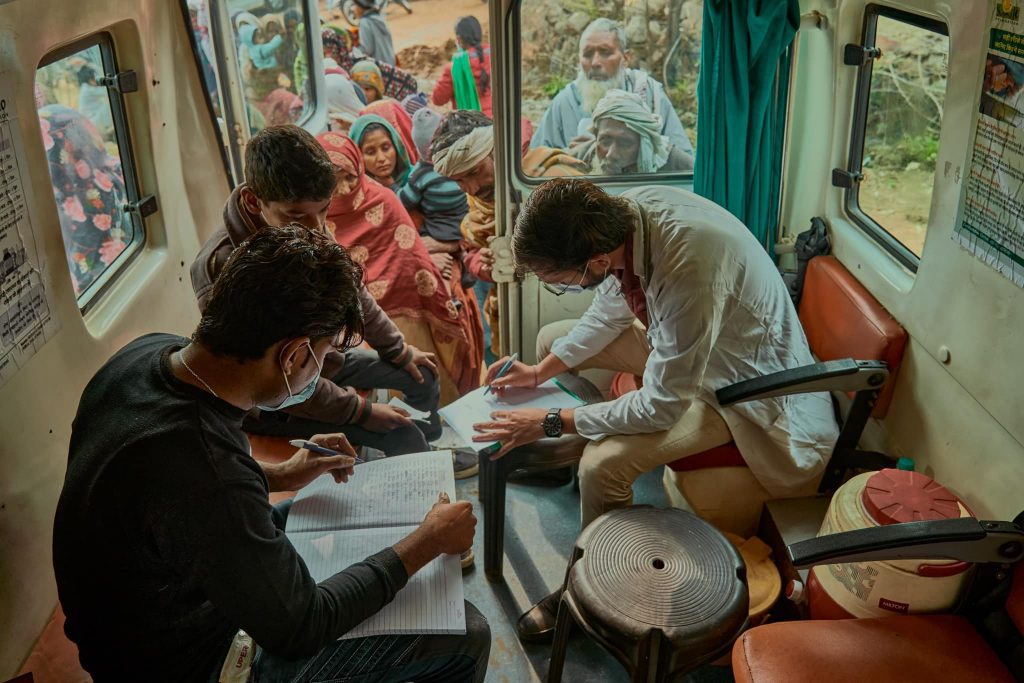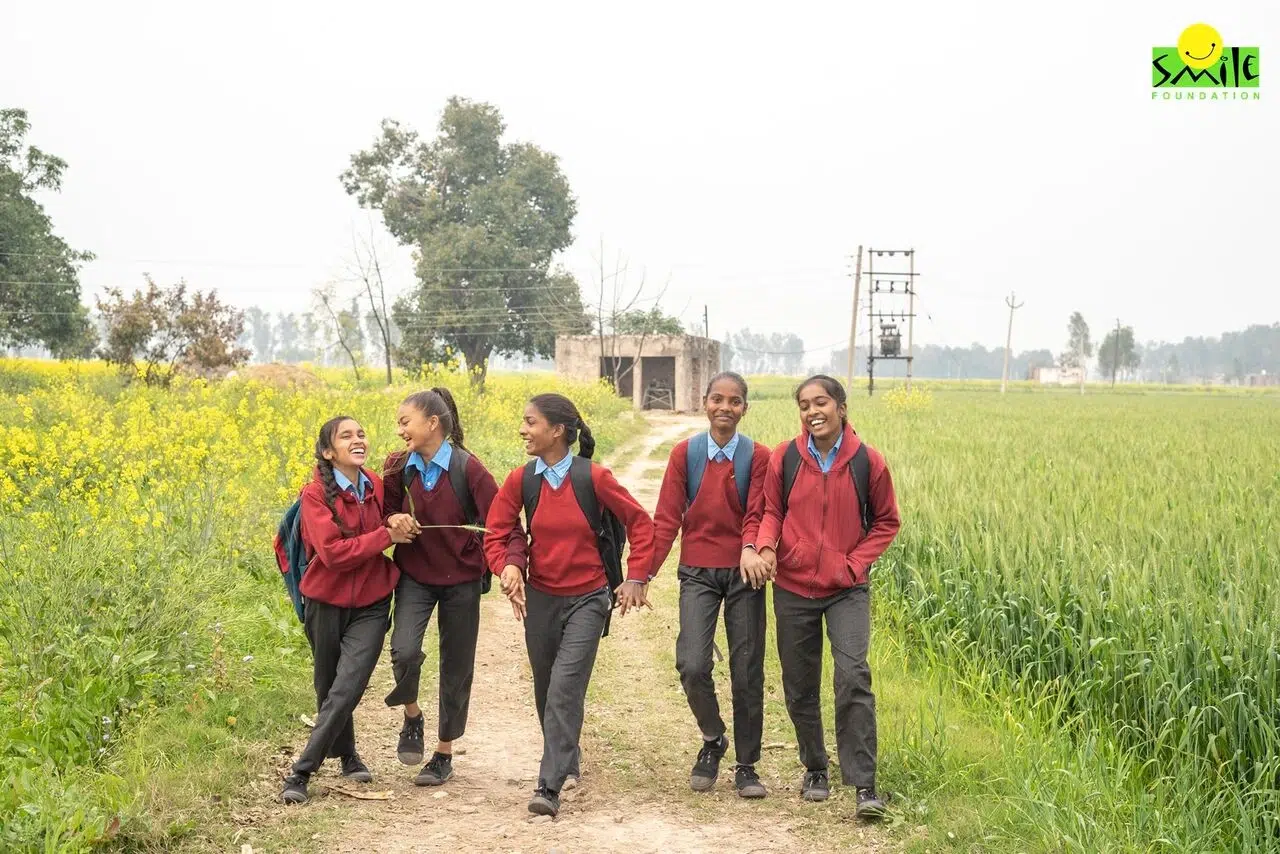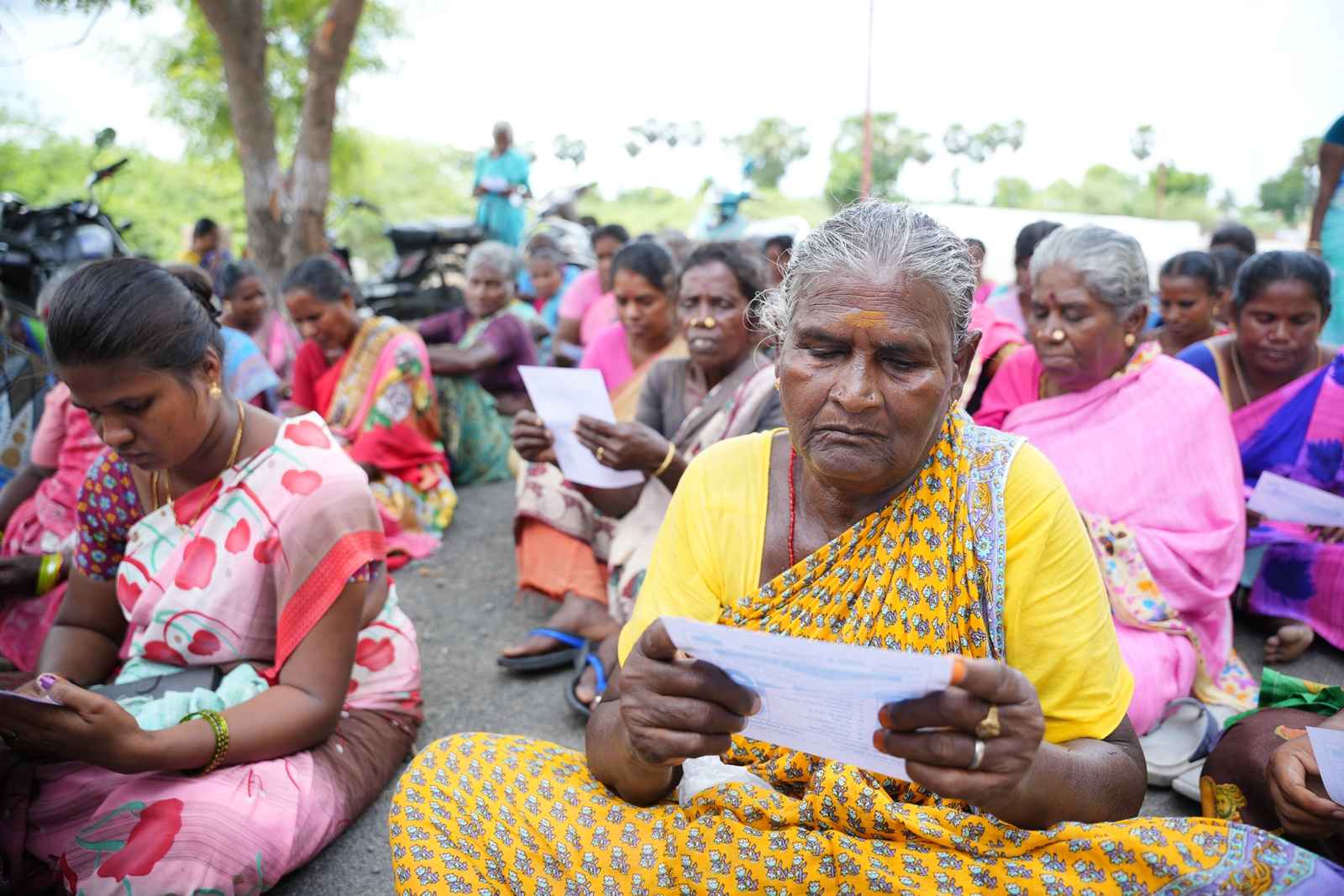Healthcare NGOs play a vital role in reaching communities that are underserved or marginalized. They bring medical services to remote areas, urban slums, and conflict zones which traditional healthcare systems often struggle to reach. This ensures that even the most vulnerable populations have access to essential care.
Importance of Health NGOs
- Emergency Response: NGOs respond swiftly to health emergencies, such as natural disasters, disease outbreaks, and conflicts. Their ability to mobilize resources and medical professionals rapidly can save lives in critical situations.
- Advocacy and Education: Many healthcare NGOs engage in advocacy efforts to raise awareness about health issues and advocate for policy changes that benefit public health. They also provide health education to empower communities to make informed decisions about their well-being.
- Supporting Vulnerable Groups: Many NGOs focus on the health of women and children, addressing issues like maternal and child health, nutrition, and family planning. They work to ensure that these vulnerable groups receive the care they need.
These five notable Health NGOs enhance healthcare delivery on a global scale.
1. Smile Foundation
Smile Foundation’s healthcare programme is designed to reach underserved communities across India. We operate Mobile Healthcare Units staffed with skilled doctors and nurses, bringing medical services directly to neighborhoods, urban slums, and remote villages. Apart from this, there are telemedicine units and static clinics. The programme provides curative as well as preventive services, addressing the gaps in the availability, accessibility and affordability of healthcare.
This approach ensures that even those who struggle to reach a hospital can receive essential healthcare services. Smile Foundation also focuses on health awareness, conducting health camps and workshops to educate communities on maternal and child health, nutrition, and preventive care.
2. Doctors Without Borders (Médecins Sans Frontières)
Doctors Without Borders is a global NGO that provides critical emergency medical care to people affected by crises like natural disasters, conflicts, and epidemics. Their teams of medical professionals work in some of the world’s most challenging environments, offering timely and life-saving medical assistance to those in need. Their quick response often saves lives when communities face healthcare crises.
3. World Health Organization (WHO)
The World Health Organization (WHO), while not an NGO, plays a crucial role in global health. WHO sets international health standards, provides support during health emergencies, and collaborates with governments worldwide to strengthen healthcare systems. Their work impacts global health policy, research, and crisis response.
4. CARE
CARE focuses on the health of women and girls by working directly in communities. They educate people on maternal and child health, family planning, and nutrition. The programmes of CARE empower women to make informed decisions about their health and well-being. By doing so, they help improve the overall health of communities.
5. Save the Children
Save the Children is dedicated to improving the lives of children worldwide, including their health. They provide essential healthcare services, nutrition support, and education to children in need. Their programmes focus on ensuring children grow up healthy and have access to life-saving medical care.
Collaboration Among Health NGOs: A Collective Impact
Health NGOs often collaborate with governments, corporations, and each other to expand their reach and impact. These partnerships allow for the pooling of resources, the sharing of knowledge, and the ability to reach more people in need. The collaborative spirit of these organizations strengthens their collective ability to make healthcare accessible to all.
The Future of Health NGOs
- Technology Integration: Healthcare NGOs can harness the power of technology for telemedicine, remote monitoring, and data analytics to reach even more people in remote areas. This could include using mobile apps for health education and diagnosis.
- Community-Based Care: NGOs can expand their community-based healthcare programs, training local individuals as healthcare workers to serve their communities. This empowers communities to take charge of their health.
- Preventive Care: Shifting focus towards preventive care, including vaccination campaigns and disease prevention initiatives, can reduce the burden on healthcare systems and improve overall health outcomes.
- Global Collaborations: Healthcare NGOs can strengthen partnerships with governments, other NGOs, and the private sector to create a more coordinated and effective response to global health challenges. Collaborations can ensure resources are used efficiently and maximize impact.
- Mental Health Support: With the growing recognition of mental health as a crucial component of overall well-being, healthcare NGOs can expand their services to include mental health support (there are some NGOs catering to the needs of mental well-being), reducing the stigma around mental health issues.
Moving Forward
Health NGOs, including Smile Foundation, Doctors Without Borders, WHO, CARE, and Save the Children, are at the forefront of improving healthcare access. Their dedication, innovation, and collaboration are vital in creating a world where healthcare is not a privilege but a fundamental right for every person.
Healthcare NGOs are essential in addressing healthcare disparities and ensuring that everyone has access to quality care. In the future, they can continue to evolve and innovate, leveraging technology, community engagement, and preventive measures to further improve healthcare delivery and outcomes.
By supporting these organisations, we contribute to a brighter, healthier, and more equitable future for communities worldwide.









